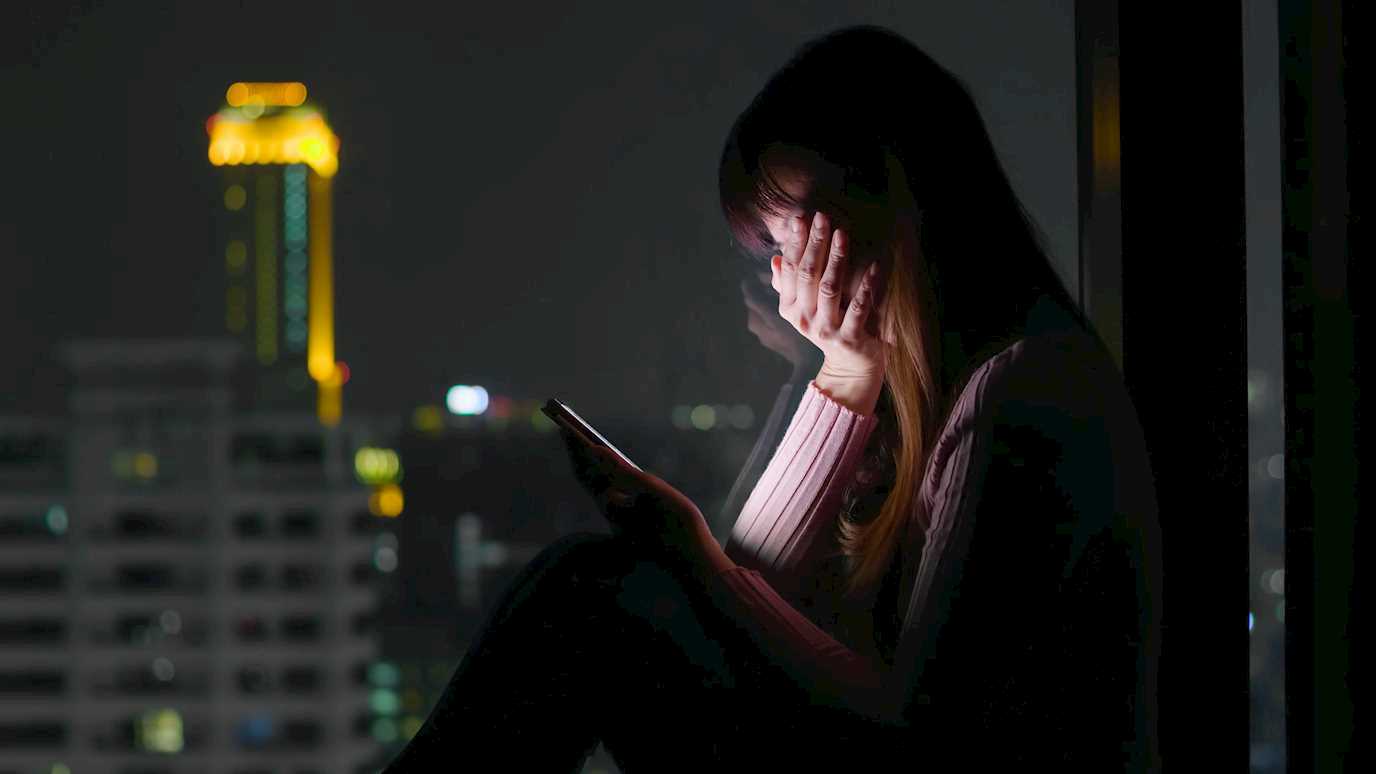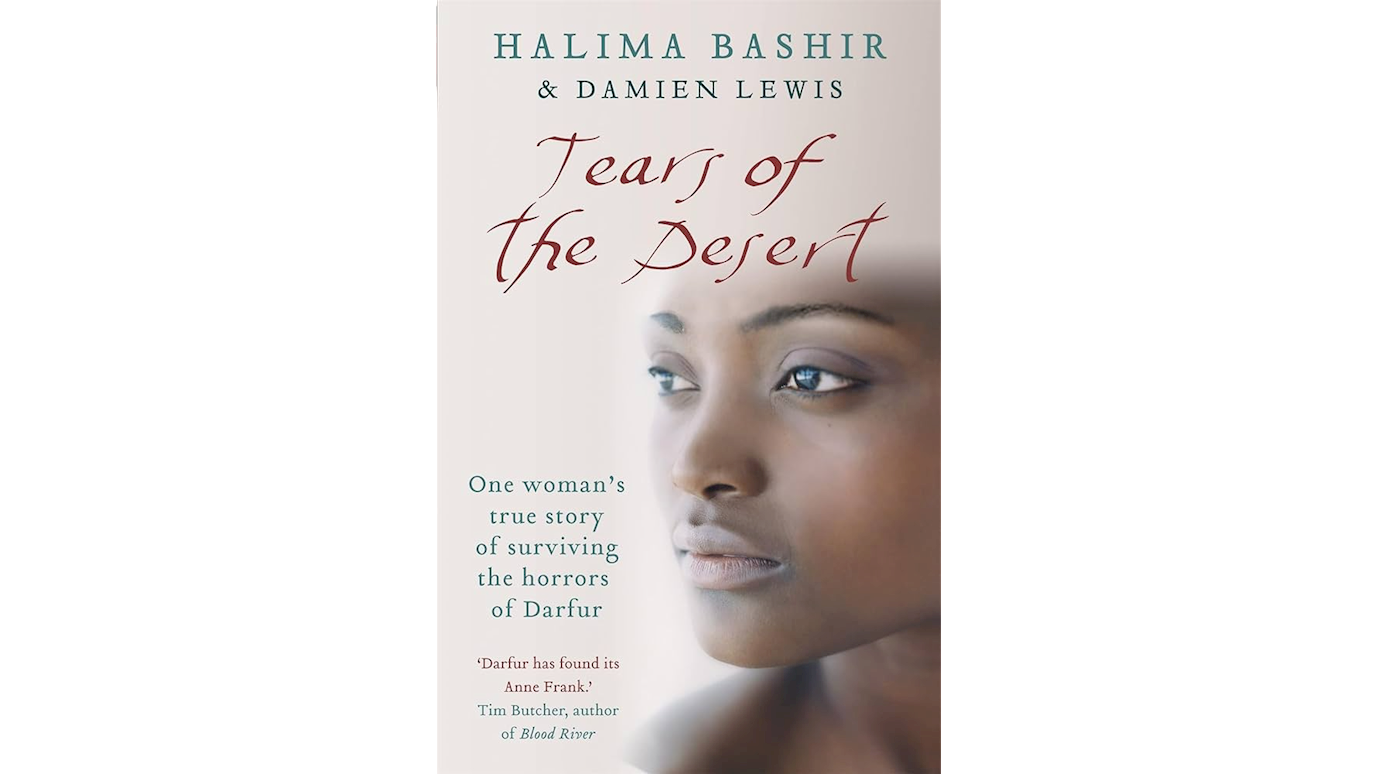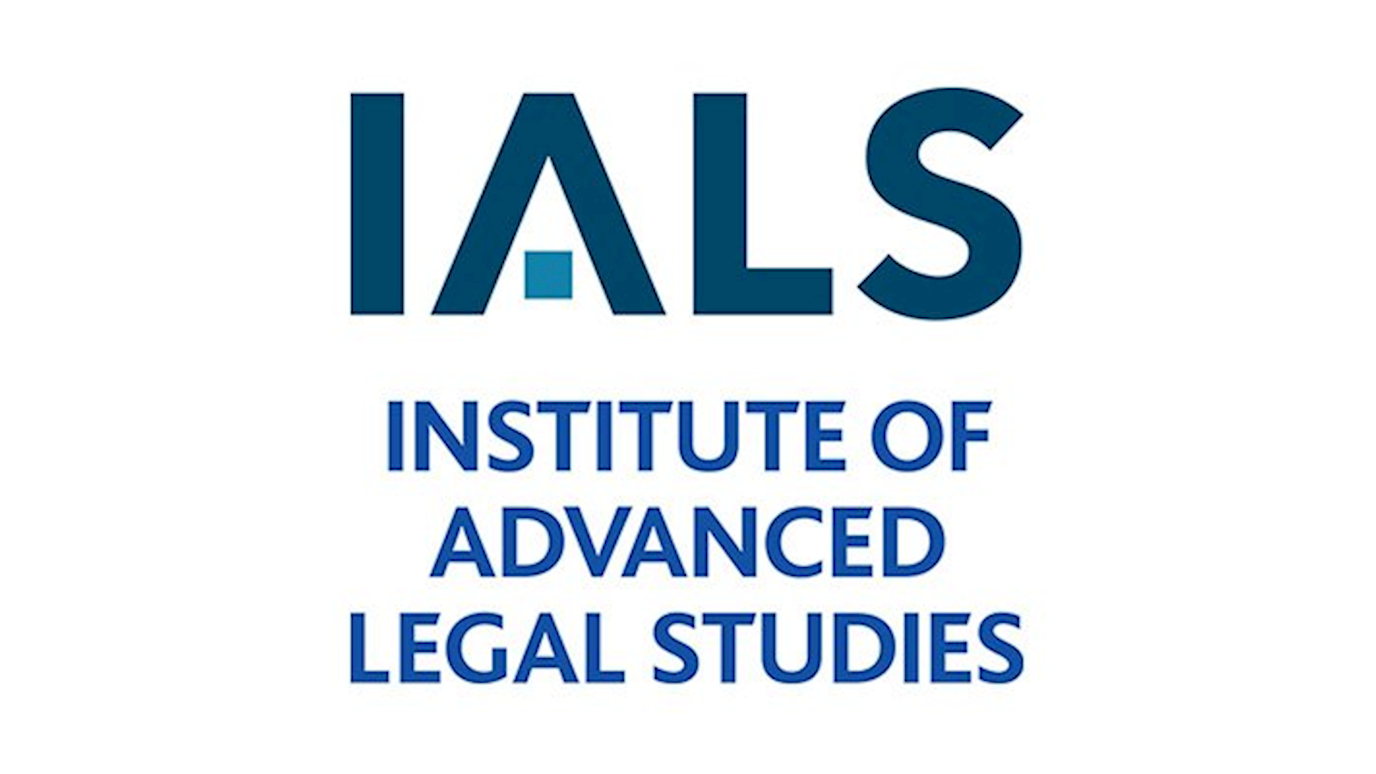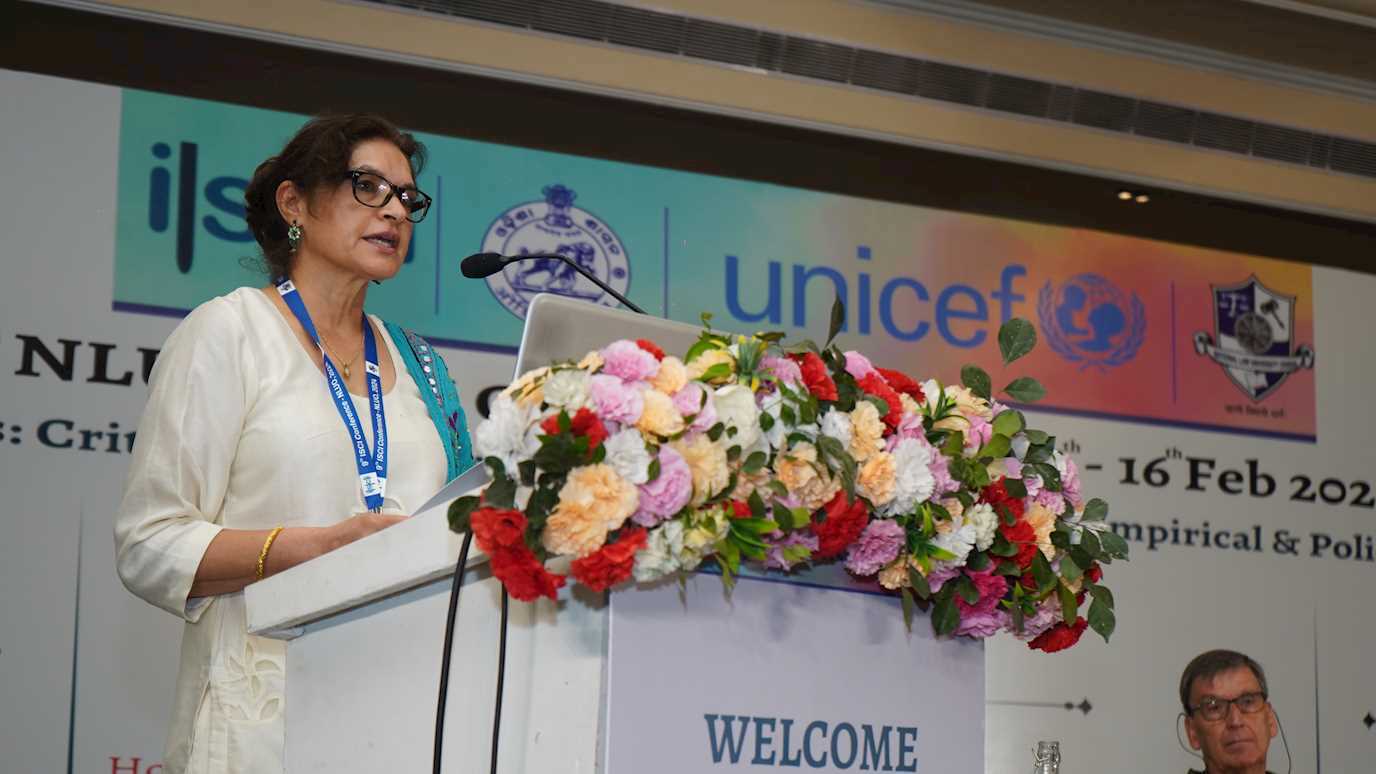The return of the Bill, which has been making its way through Parliament since May 2021, sees the possibility of cyberflashing and deepfake porn being criminalised

The House of Commons has now completed the report stage of the Online Safety Bill, including provisions to criminalise ‘cyberflashing’ – the process of sending unsolicited images of genitalia to cause distress or for sexual pleasure.
Government has also pledged to introduce new laws to protect women and girls from the threat of ‘downblousing’ and sharing ‘deepfaked’ porn videos in returning selected clauses to committee discussion.
The Online Safety Bill has been the subject of heated debate through its attempts to make Britain the ‘safest place in the world to be online’ and has now on its fourth prime minister (it was originally proposed by Theresa May as an online harms White Paper). But this recall to the House will not see it pass rapidly, as it is returning for further scrutiny on particularly controversial clauses.
Although there has been much debate over the limitations the Bill places on free speech, the gender-based protections the Bill wishes to implement are a crucial part of keeping women and girls safe online.
Image-based sexual abuse (IBSA) is an umbrella term which covers a range of abusive behaviours around making, taking, and sharing intimate images, including so-called ‘revenge porn’ or unlawful disclosure of intimate images, upskirting, downblousing, cyberflashing, and making and sharing deepfake pornography. At present, many of these behaviours are not criminal – leaving victims of intimate image abuse without any protections.
The Online Safety Bill promises to change this, bringing together many forms of IBSA under a suite of offences which criminalise sharing intimate images without consent, installing equipment to enable the taking of intimate images, and removing the restriction which currently prevents the law from applying to downblousing images or deepfaked images or videos – images and videos which have been manipulated with AI to look like individuals engaging in sexual activity.
The implementation of laws around taking and sharing intimate images has been slow to progress – voyeurism, or ‘peeping tom’ was criminalised first, followed by unlawful image sharing in 2015. Upskirting was criminalised in 2019, following a campaign by Gina Martin, and the CPS only agreed in 2020 that secretly filming someone who had consented to sexual activity – but not to being filmed – would fall within the criminal definition of voyeurism. However, as the law stands, sharing that video would not be a criminal offence unless it was done with the intention of causing distress to the person depicted. And sharing it with the person depicted – even with the intention of causing them distress – is not a criminal offence at all.
I have been speaking about the need to amend laws around all forms of image-based abuse for several years now, and during the UN’s 16 Days of Activism, it’s encouraging to see that the government is working to ensure that women and girls are protected against this form of abuse which disproportionately affects them.
The UK has signalled its commitment to ending Violence Against Women and Girls through ratifying the Istanbul Convention, a Council of Europe Convention on preventing and combating violence against women and domestic violence. The Platform of Independent Expert Mechanisms on Discrimination and Violence against Women launched a thematic paper in November 2022 on the Digital Dimension of Violence Against Women. The Government has also published its Tackling Violence Against Women and Girls Strategy, to prioritise prevention, support survivors, pursue perpetrators and create a stronger system.
But the Online Safety Bill alone is not enough to eliminate the online abuse that women and girls face. Commitments and promises are encouraging starts, but the debate about the Online Safety Bill in Parliament on Monday did not once mention the disproportionate impact of online abuse on women and girls. We must keep pressure on government to take real action to tackle the issues of image-based abuse.
If you have been affected by IBSA, or if you are in need of support, Report Harmful Content and the Revenge Porn Helpline can provide support, advice, and assistance reporting content online. The SPITE project provides free legal advice for revenge porn victims, and the RPH has some guidance on reporting to the police here. Manchester Rape Crisis has also provided a list of supports.
























